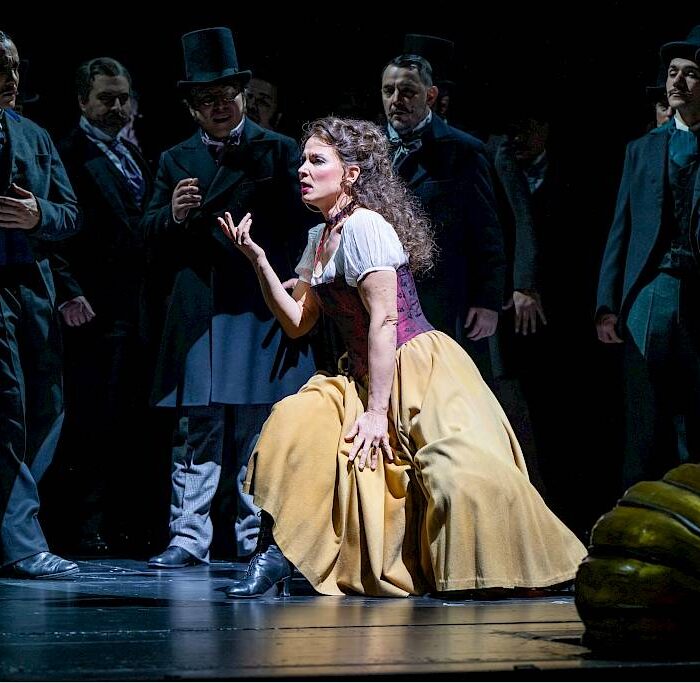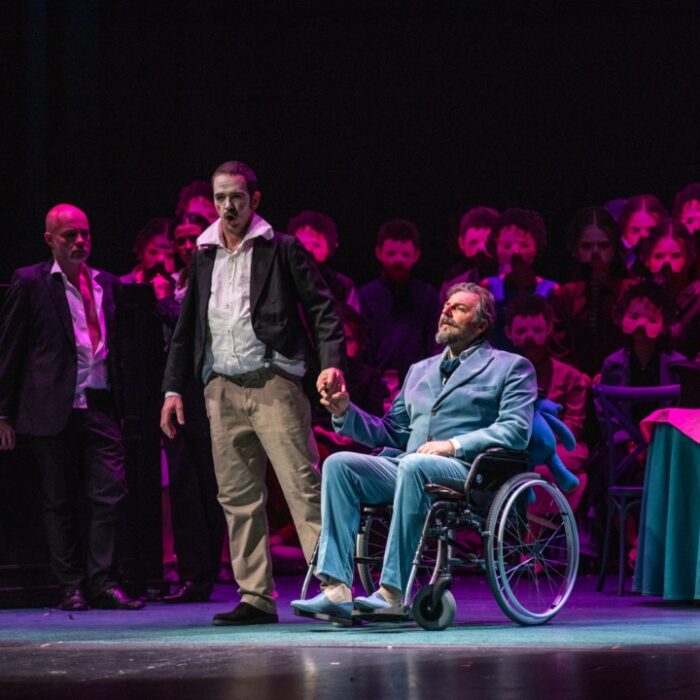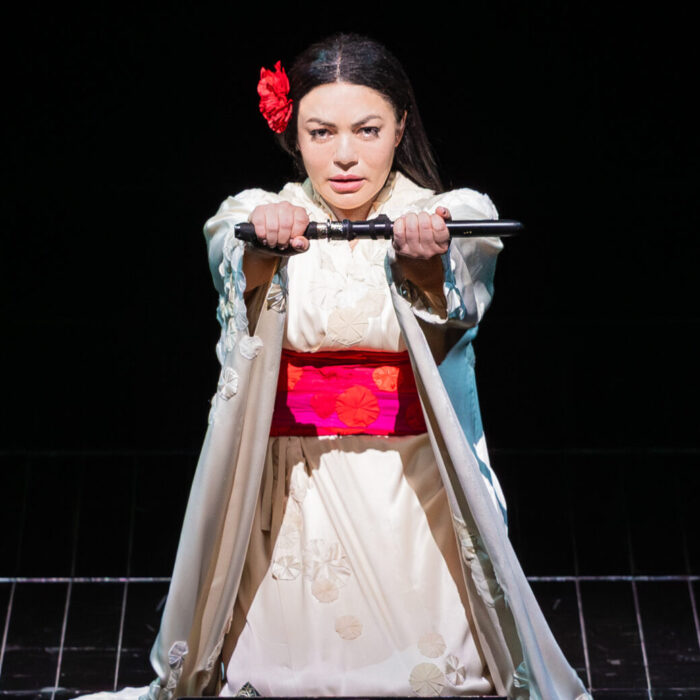
CD Review: Will Liverman’s ‘The Dunbar/Moore Sessions’
By Bob DieschburgReputedly, music is the medicine for sorrow and the companion to joy—“laetitia comes,” as the Latin has it. What’s more, it has the miraculous ability not only to make time stand still but to conjure, simultaneously, rapid flights of emotion. Music, in short, lays bare our humanity, distilled to its finest.
Such is the theme—more or less—of Will Liverman’s “Dunbar/Moore Sessions,” whose second volume, released by Lexicon Classics, is about to appear. Much like the first installment, it is devoted, so to speak, to the poetry of Paul Laurence Dunbar and his wife, Alice Dunbar-Moore (more commonly known as Alice Dunbar-Nelson).
Poetic Majesty
Liverman proves himself a musical polyglot. He emulates the various moods set by Paul and Alice Dunbar, and in a polychromatic array of genres, gives each of the ten tracks a highly distinctive feel.
In “Night,” for instance, he strikes a fine balance between the poem’s meditative stance and its progression toward the realization of “the majesty of God.” The interpretation, by Mykal Kilgore, is a kind of hybrid, rooted in the expressive depths of soul music–or the deviations thereof–as much as in more traditional idioms.
“Emancipation,” by contrast, displays all the exultancy of a gospel-like hymn of freedom. Liverman–who also plays the piano–lends it his characteristically high baritone, replete with suavity and relentless optimism.
Love Regained
The three parts of “A Threefold Heart” form a cycle of their own. In Liverman’s words (as per the booklet) it “traces the arc of love–its arrival, its loss, and its return.” The music, accordingly, oscillates between the elation of love found–”Love and the butterfly”–and the melancholy tone set by Isabel Leonard in “If I had known.”
Yet in the final movement, Liverman’s piano returns to the serenity of resolution-oriented harmonics, over which is layered the cello accompaniment by Lindsey Sharpe. His vocal delivery sets new standards, too, as it delves into a crossover between soul elements, contemporary art songs, and–perhaps–even musical theatre. Liverman phrases almost conversationally, before he shapes, as if improvised, intensely personal moments of sustained mezza voce and falsetto.
The lullaby of “Good-night” closes the album; it perpetuates the introspective tenor of “A Threefold Heart” while echoing the theme of the opening track.
Thus, despite its many interpreters, the “Dunbar/Moore Sessions” maintains a remarkable cohesion, evident in the thematic unity and the assiduity of everyone involved–particularly Liverman himself. Vocally, the “Dunbar/Moore Sessions” eschews acrobatics; but the Lied tradition, let alone the operatic, gives way to a more modern, universal expression of the Dunbars’ humanity.


